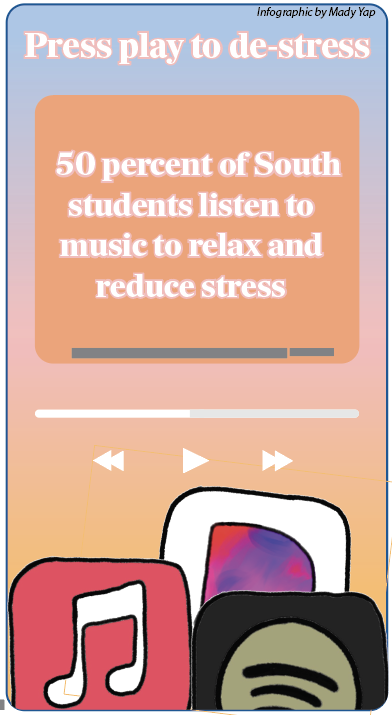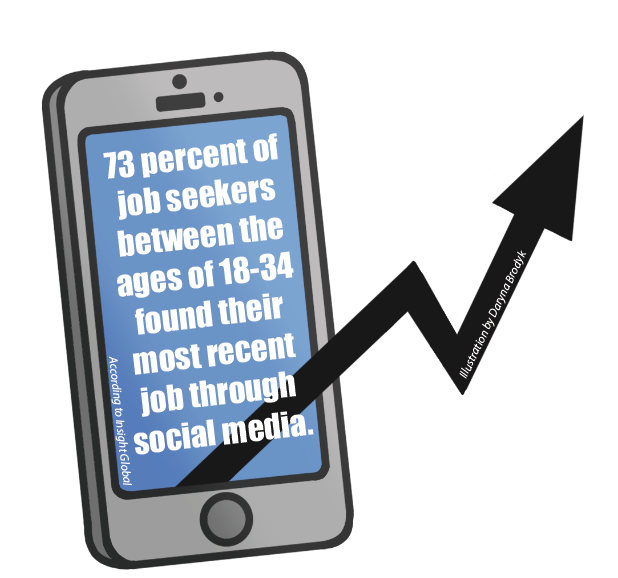I used to be very judgmental. I was never purposefully mean; rather, my judgment came from an innate sense of perfectionism that negatively affected how I viewed myself and others. Then I developed General Anxiety Disorder.
I quickly learned that nothing about living with anxiety is perfect. The disorder fed ravenously off my perfectionism, in that every move I made was magnified and second-guessed. I found myself thrown into a whirlwind of thoughts and emotions I didn’t understand or feel I had control over, which, for me, led to insecurity and self-criticism.
In a simple metaphor, I was tiptoeing on a tightrope. I desperately tried to keep my balance while fighting an intangible battle against myself, in my mind, completely unbeknownst to others. It was, and still is, exhausting.
Now I know I’m not alone. According to social worker David Hartman, the biggest trend he’s seen in the last five years concerning mental health is an uptick in the number of students with anxiety. The Student Services Department is starting a third anxiety support group because the need is increasing, Hartman said.
Although anxiety manifests in similar symptoms, anxiety can be prompted by very different things for different people. From what I’ve heard from others and from what I have experienced, crowds, schoolwork and social interactions are just a few examples on a long list of possible triggers. Some people’s anxiety is physical, resulting in random panic attacks that feel like bodily ailments.
I’m not going to sugarcoat—anxiety sucks however it manifests, but having anxiety has actually produced some positives for me. I said that I “used to be” very judgmental. While it’s something I am continuously working on, I’ve come to accept that the rhythm of life is a series of ups and downs and that feeling imperfect is totally fine.
I want to make people aware of a disorder that afflicts many South students, including friends and classmates. However, what I hope more is that if anybody is feeling oppressed by negative, anxious or panicked thoughts and emotions, know you are not alone and can feel so, so much better with help. All you’ve got to do is ask for it.
It takes a lot of time and hard work to control severe anxiety, and I know mine will never truly go away. But through being honest, searching for help and consistently using the techniques I’ve learned to control the anxiety, I’ve developed support both externally and internally and made great strides in bettering my life. When you know you have multiple safety nets beneath your tightrope, occasionally toppling off isn’t such a scary idea—I know that I can always keep moving forward.








